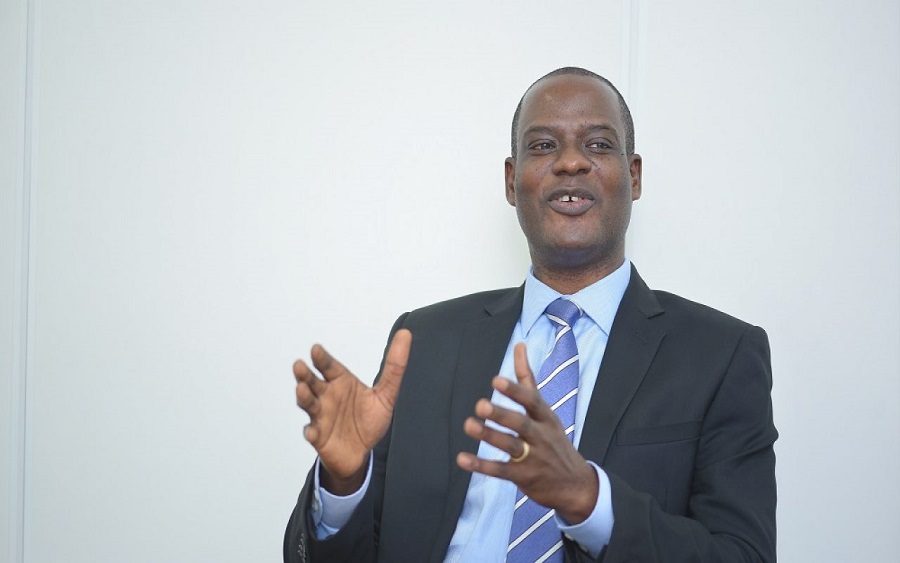The Presidential Committee on Fiscal Policy and Tax Reforms has suggested that the share of VAT revenue for states and local governments should be reviewed to 90 per cent, and that of the Federal Government cut down to 10 per cent.
In addition, the Committee also recommended that the current rate of 7.5 per cent charged to customers should be increased.
This was disclosed by the Chairman of the committee, Taiwo Oyedele during a recent stakeholder’s exposure and impact assessment session organised to discuss some of the major proposals in the National Tax Policy in Abuja, according to The Punch.
These proposals are part of the reforms that have been put in place to increase the country’s tax revenues.
“We are proposing that the Federal Government’s portion should be reduced from 15 per cent to 10 per cent. States’ portion will be increased but they would share 90 per cent with local governments,” Oyedele confirmed in a meeting with business owners, industry players, and other stakeholders.
Strategic meetings are a key element of stakeholder engagement to ensure the successful implementation of tax reform policies adopted by the current administration to reach an 18 per cent minimum level of taxation on GDP.
In August last year, President Bola Tinubu set up a committee on Fiscal Policy and Tax Reforms to improve the country’s revenue profile and business environment by reducing multiple taxes.
VAT is a 7.5 per cent consumption tax administered by the Federal Inland Revenue Service when goods are purchased and services rendered, noting the end user bears the tax burden.
A current formula of 15 % for the central government, 50 % for the states, and 35 % for local authorities is used to distribute VAT revenues to the three levels of government through the Federation Accounts Allocation Committee.
Findings showed that under the previous administration of former President Muhammadu Buhari, the country generated N10.1tn in Value Added Tax.
However, the administration of President Bola Tinubu had advocated for increased tax revenue, despite the huge been collected from VAT.
Commenting, Oyedele said if the reforms were adopted, the country could double its VAT revenues in two years.
He noted that the EESC worked closely with business owners to ensure that measures were put in place so as not to raise the prices of their products.
Oyedele said, “The burden of Value Added Tax should be with the ultimate consumer. So we must make it transparent and neutral and this is what over 100 countries where they have VAT are doing. Nigeria’s economy is more than 50 per cent in services and if I just stop at this, many states will be broke because VAT collection will go down by more than 50 per cent and it won’t even fly.
“So we therefore need to adjust the VAT rate upward. We would ensure that it doesn’t affect businesses. The only thing is to look at basic consumption from food, education, medical services, and accommodation will carry zero per cent VAT. So for the poor and small businesses, no VAT.
“Then for the rest of us, we will pay a little bit more. We have spoken to businesses about it and they won’t increase the product price. We want to make sure when we do VAT reform, no one will increase the price of commodities. We will work the Mathematic with the private sector.”











